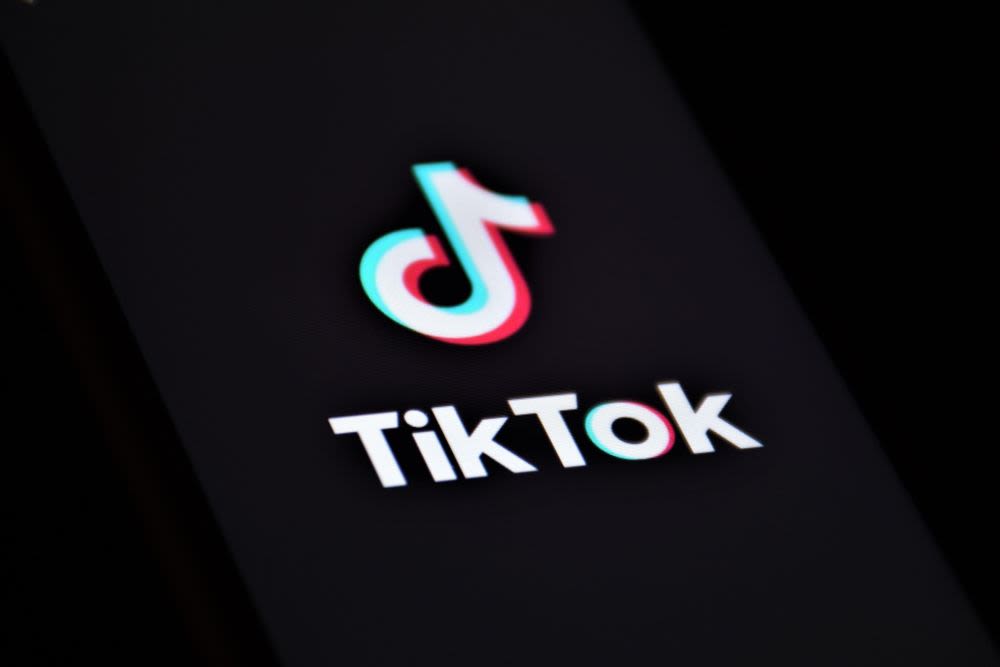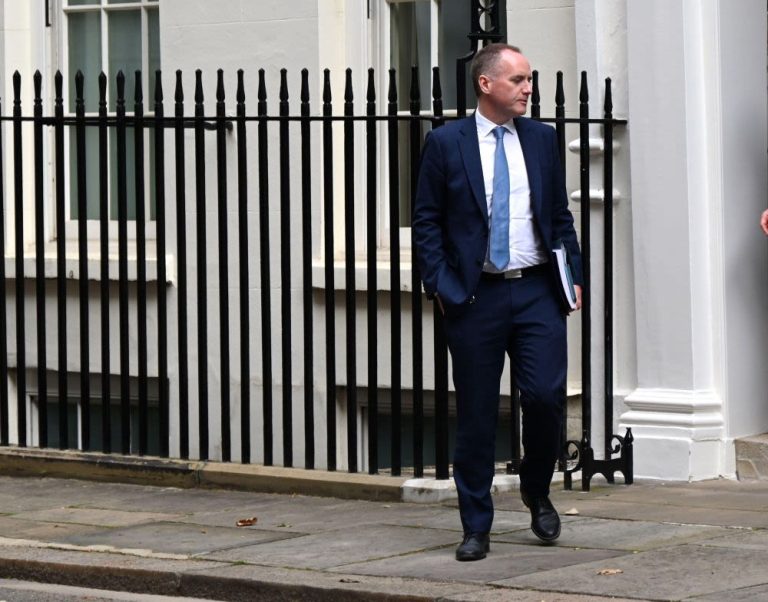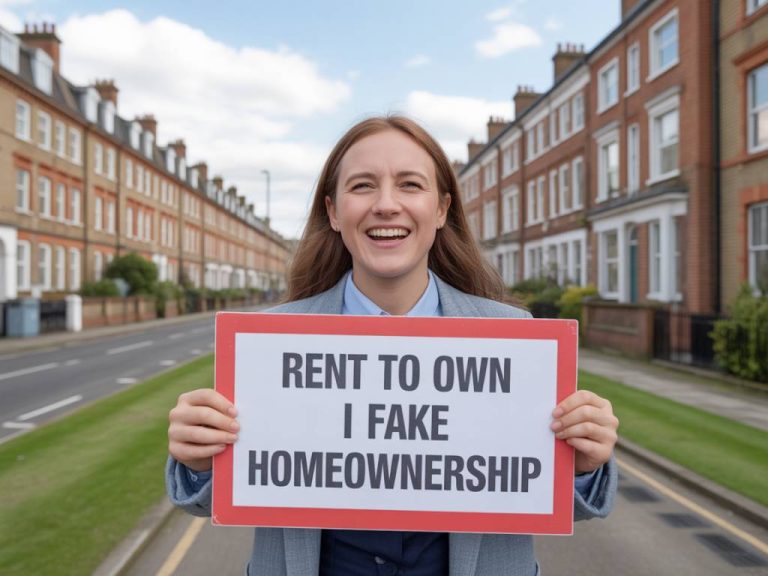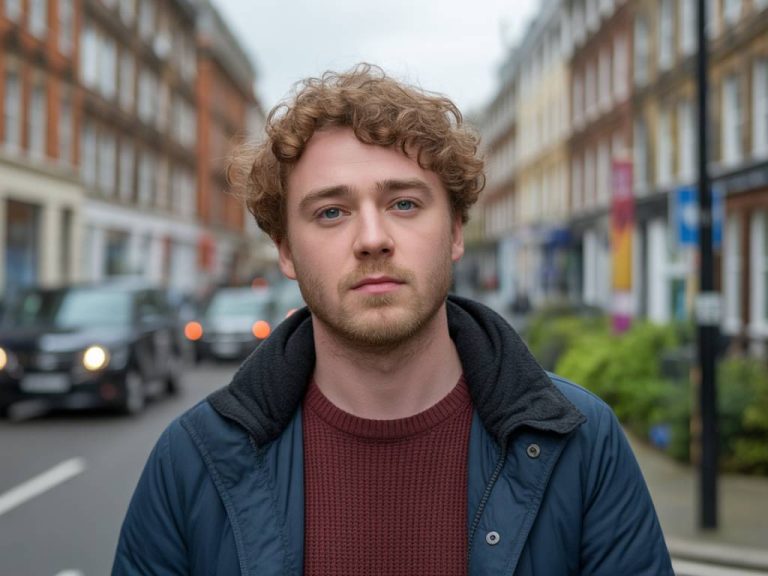
Why Brits Are Flocking Abroad for “Tweakments”
In recent years, a growing number of UK residents have crossed borders to seek cheaper cosmetic procedures, from hair transplants in Turkey to dental work in Hungary. Dubbed “cosmetic tourism,” this trend is fuelled by the allure of rock-bottom prices advertised on social media platforms like TikTok. While savings can be significant, the dark side of these bargain deals is increasingly visible: life-changing injuries, botched surgeries and complications that land back in the lap of the NHS.
Government Alarm Over Rising NHS Costs
The Department for Health and Social Care (DHSC) has issued warnings that the UK’s free health service is shouldering the financial burden for corrective treatments after patients return injured or dissatisfied. In several reported cases, complications from overseas surgeries required emergency hospital care, intensive reconstructive work and long-term rehabilitation. These unexpected costs translate into millions of pounds of extra pressure on NHS budgets, diverting funds from domestic waiting lists and frontline services.
Social Media’s Role in Shaping Cosmetic Tourism
TikTok, Instagram and other influencer-driven platforms have become the go-to research hubs for cosmetic procedures. Quick videos showcasing dramatic before-and-after results, coupled with direct links to overseas clinics, make it easy to fall for “too good to be true” offers. Yet many of these clips gloss over essential safety measures, patient screening and credible accreditation. As a result, prospective patients—often unaware of the clinics’ regulatory standards—arrive expecting perfection, only to confront substandard care and subpar hygiene practices.
The New DHSC-TikTok Influencer Campaign
To counteract misleading online marketing, the DHSC has announced a partnership with prominent TikTok healthcare influencers. Names such as Midwife Marley and Doc Tally will produce short, engaging videos highlighting the real risks of medical tourism, including:
- Unregulated clinic environments and non-sterile equipment;
- Unqualified or unlicensed practitioners performing complex procedures;
- No guaranteed aftercare or emergency support once you return to the UK.
These influencers will also share actionable advice: how to verify a clinic’s accreditation, ask the right questions about practitioner credentials and understand post-operative care obligations.
Key Safety Tips for Potential Medical Tourists
As part of the campaign, the DHSC will urge anyone considering an overseas cosmetic treatment to:
- Consult a UK-based doctor first: get an independent medical opinion on whether the procedure is advisable and learn about possible complications;
- Secure comprehensive travel and health insurance: ensure policies explicitly cover elective cosmetic procedures and potential follow-up care in a UK hospital;
- Avoid package deals that bundle holiday and surgery: reputable clinics typically arrange treatments separately to minimise pressure and allow time for recovery;
- Research patient reviews on independent forums: cross-reference testimonials beyond social media to gauge satisfaction rates and red flags;
- Verify clinic accreditation: look for internationally recognised certifications such as ISO or JCI, and UK-approved practitioner registrations.
Foreign Office Steps Up Guidance
In addition to social media outreach, the Foreign, Commonwealth & Development Office (FCDO) will update its travel advice pages with dedicated sections on cosmetic tourism. These pages will cover:
- A list of countries with higher rates of adverse procedure outcomes;
- Guidelines for embassy support during medical emergencies abroad;
- Links to recognised clinics and professional bodies offering safe, regulated services.
Learning from Past Tragedies
Health Secretary Wes Streeting, speaking last November, highlighted several fatal incidents involving women who died after seeking “rock-bottom” cosmetic deals overseas. These tragic cases underscored the government’s pledge to protect citizens from uncontrollable cost-cutting and dubious practitioners. The partnership with TikTok influencers is aimed at reaching younger audiences—those most likely to turn to viral trends—before they make life-altering decisions.
Influencers as Public Health Allies
This move illustrates an evolving strategy by the Labour government to collaborate with content creators for public health messaging. No.10 Downing Street recently hosted its first influencer reception, inviting 70 creators to discuss digital engagement. By leveraging familiar faces on TikTok, the DHSC hopes to add credibility and relatability to official advice, bridging the gap between formal guidelines and everyday social media use.
Domestic Reforms to Curb Unsafe Practices
Alongside the influencer campaign, the government has introduced stricter regulations for high-risk cosmetic procedures at home. Non-surgical Brazilian Butt Lifts and similar interventions will now require oversight by Care Quality Commission-registered professionals. This dual approach—tightening domestic laws and educating on overseas risks—aims to reduce overall demand for unregulated treatm ent and lessen the NHS’s corrective workload.
A Turning Point in Cosmetic Safety
By combining digital outreach with legislative action, the government is addressing both supply and demand factors fueling cosmetic tourism. With clear, accessible content from trusted TikTok personalities and reinforced domestic safeguards, the hope is to steer the public toward informed decisions, safer practices and, ultimately, fewer costly NHS interventions.





